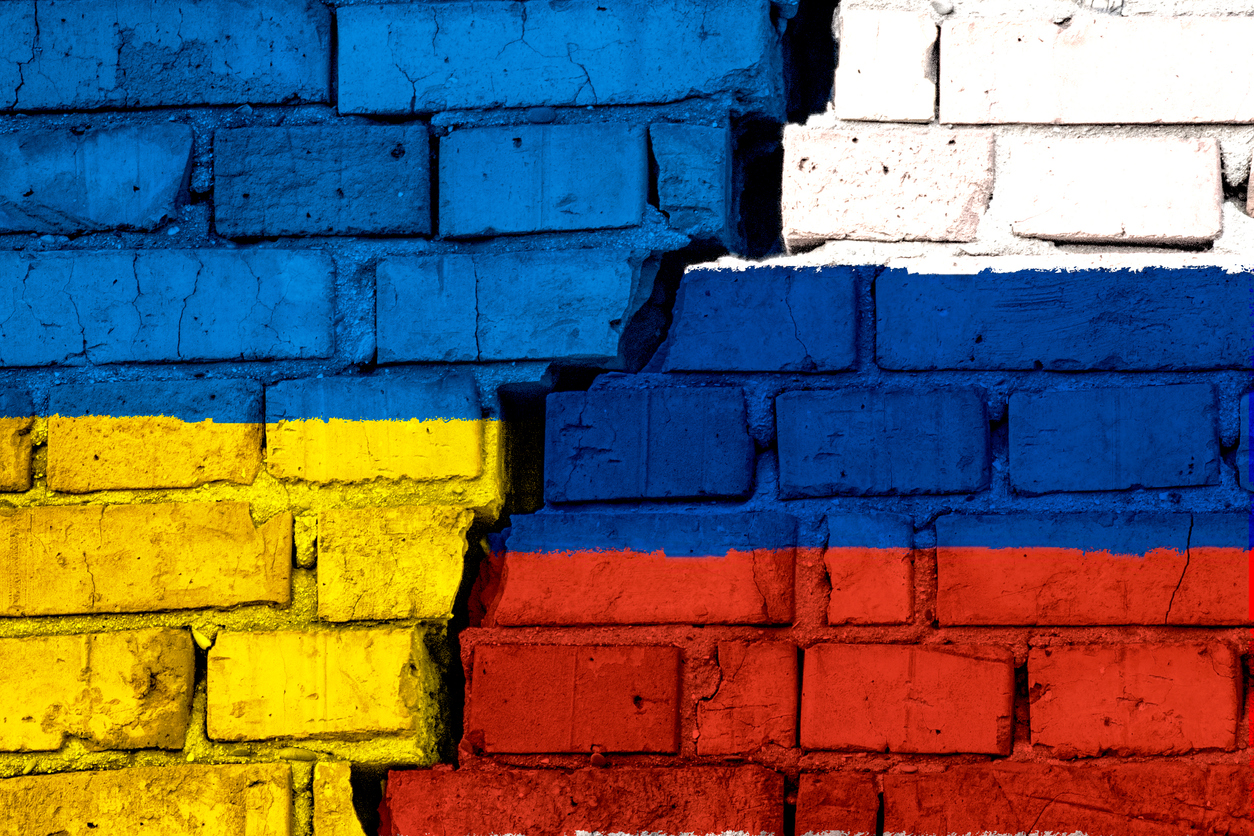Ukraine sows 150,000 hectares of crops in the midst of Russian invasion

Around 150,000 hectares of spring crops have been sown in Ukraine during the ongoing conflict with Russia, according to the country’s deputy agricultural minister, Taras Vysotskiy.
While the war has the potential to destroy a great portion of crops, a range of soybean, sunflower, buckwheat, millet, oat, corn and sugar beet seeds have already been planted across the country, Vysotskiy said in a statement.
The crops have so far been sown in the Kherson, Odesa, and Mykolaiv regions.
In a recent interview with Reuters, Ukraine’s former agricultural minister, Roman Leshchenko, who resigned last week due to health concerns and has been replaced by Mykola Tarasovych Solsky, said he expected the sowing region for spring crops to be depleted by over half this year to around 7 million hectares, in comparison to the 15 million hectares of crops sown in 2021.
While areas dedicated to the sowing of high-margin crops such as sunflower and corn are still expected to decrease, areas dedicated to peas, barley, and oats will increase, according to Vysotskiy, who noted they are “simpler crops in production, but important in terms of food security”.
Exports of rye, buckwheat, millet, oats, salt, sugar, meat and livestock have been suspended since the war began at the end of February 2022.
Last week the Food Standards Agency and Food Standards Scotland announced some products which may be labelled as containing sunflower oil, could actually contain rapeseed oil due to current sustained supply chain shortages as a result of the Russia-Ukraine conflict.
Special export licenses have also been introduced since the invasion for sunflower oil, as well as corn and wheat, though the Ukrainian Government is debating abandoning export limits for sunflower oil and corn, as it claims it has sufficient stock.
In a statement given last week, Solsky said the country’s grain stocks which could be used for export – currently valued at $7.5B – but did not reveal the volume of the grains. He also predicted a continual rise in food prices around the world if the conflict continues.








